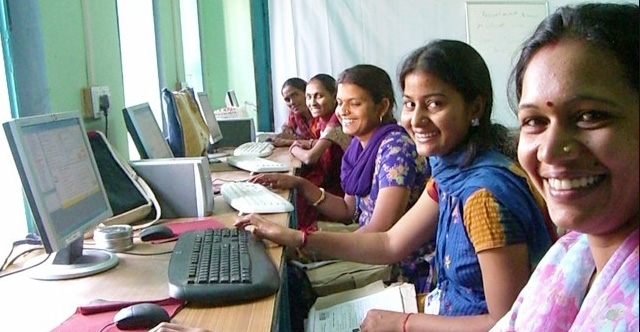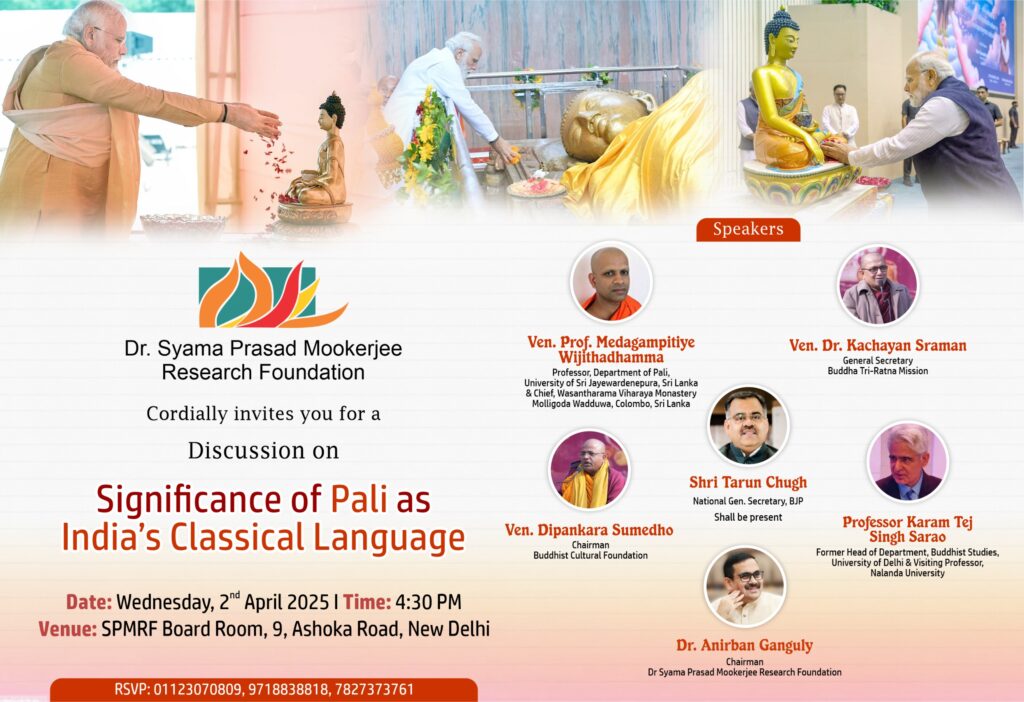An effective tool to empower rural women through community participation
‘Pradhan Mantri Mahila Shakti Kendra Scheme’ is one of the most uniquedevelopmental schemes passed by current NDA government for upliftment of women focusing on the ones in rural areas.
The concerned scheme was passed in 2017-18 and will be extended up to 2019. Prime Minister Narendra Modi chaired the Committee of Economic Affairs that gave a nod to this ambitious scheme. ‘Pradhan Mantri Mahila Shakti Kendra Scheme’ (PMMSK) is an addendum to the most revered ‘Beti Padhao Beti Bachao’ which has proved to be a tour de force of the NDA. PMMSK will be under the direction of Women and Child Development Ministry and the financial outlay of the scheme from the year 2017-18 to 2019-20 will be Rs. 3,636 crore with a central share of approximately Rs 3,084 crore.
The scheme will be implemented with a cost sharing ratio of 60:40 percent between the union and state governments but in North-East and special category states it will be 90:10 percent. Main emphasis of the scheme is to generate awareness among women of rural areas regarding the various programs of government concerning Women like ‘Pradhan Mantri UjjwalaYojna’, One-stop Center Scheme, Women Helpline Scheme, SwadharGreh Schemeand Mudra Yojna and to create an ambiance in which they can realize their full potential.College students will volunteer in almost 115 backward districts and the Government aims to ensure participation of NCC cadets as well. This move will ascertain community engagement and isyet another ingenious effort towards the government’s motto of ‘Sabka Saath, Sabka Vikas’. Involvement of NCC cadres and other students in the work will surely help them evolve and understand the real spirit of rural women. Women on the other hand will engage with a generation younger and well familiar with current socio-economic scenario of the country.
The new scheme will be conceived at various levels, where the National Centers will provide domain-based knowledge support with State Resource Centers for Women providing technical support, Block and Village level centers are expected to carry out the actual pursuit of the scheme. The scheme will be implemented through State and UT governments. Government is expected to open PMMSK’s in 115 backward districts which will be covering 920 blocks with expected expansion in future.
At National Level, the experts will provide domain-based knowledge support to educate about steps to be taken to improve capabilities and impart training to women thereby ensuring their engagement in overall socio-economic activities. A task team will be setup with Principal Secretary, Ministry of Women and Child Development as Chairperson including financial advisors and other ministry persons as members. The concerned team will supervise the overall implementation of the scheme.
The State Resource Centre for Women (SCRW) at state level is expected to provide technical assistance and review various laws, schemes concerning women monitoring the ground level implementation. A team will be setup under guidance of Secretary, Ministry of Women and Child Development as Chairperson and members of concerned ministries to undertake reviews of SRCW, DRCW and Block Level centers.
District Resource Centers for Women (DRCW) will be built to act as link between ground level and State level centers that will identify information on various programs, laws and schemes of Government. At District Level, a team will be setup under District Collector as Chairperson. They will act as a link between the team at State level and atground level. It will have three staff members. Block level implementation will be the actual implementation of schemes that will be carried out by the Gram Panchayats, where students and NCC cadets will engage with women and appraise them of various schemes of the Government and provide training to increase their capabilities. The services will be carried out in coherence with various vanguard social organizations like ASHAs, AWW, ANMs, CSCs, and Women Self Help Groups, etc.
At union level, the feedback mechanism is based on online submission of reports, suggestions and views. Concerned officers will be asked to upload reports, mechanisms, instructions and feedback of the various schemes.
The structural blueprint of the scheme, which is based on hierarchy, with one level supervised by the other, is
quintessential. The echelons in the model with one level under the other will help improve the effectiveness of the scheme, plus it will keep in check malpractices as one grade will have to report to the other.
‘Pradhan Mantri Mahila Shakti Kendra Scheme’ is designed for aid and convenience of women. The scheme also aims at improving child sex ratio, securing future of the girl child and empowering them. It hitches on providing rural women a perspective of Government’s programs, schemes and projects and also accords these to them, to help them utilize this projects, schemes or programs to improve their capabilities.
PMMSK is contemplated as a single step support service with opportunity for skill development, health and nutrition and employment.
The scheme is aimed to create discernment among rural women regarding schemes like ‘Ujjwala Yojna’, Women Help Line Centers, and otherefficacious scheme like ‘Mudra Yojna’ that will help women get loan with ease for their entrepreneurial aspirations.
The Pradhan Mantri Mahila Shakti Kendra Scheme in its current avatarhas potential to become one of the most efficacious schemes of the NDA government. The scheme will help empower rural women in a true sense, giving spectacular results rather than paper-based cliché schemes that were brought in by the previous governments.
(The author is a student of engineering at University of Mumbai and a regular commentator on social and political issues.)
(The views expressed are the author's own and do not necessarily reflect the position of the organisation)


